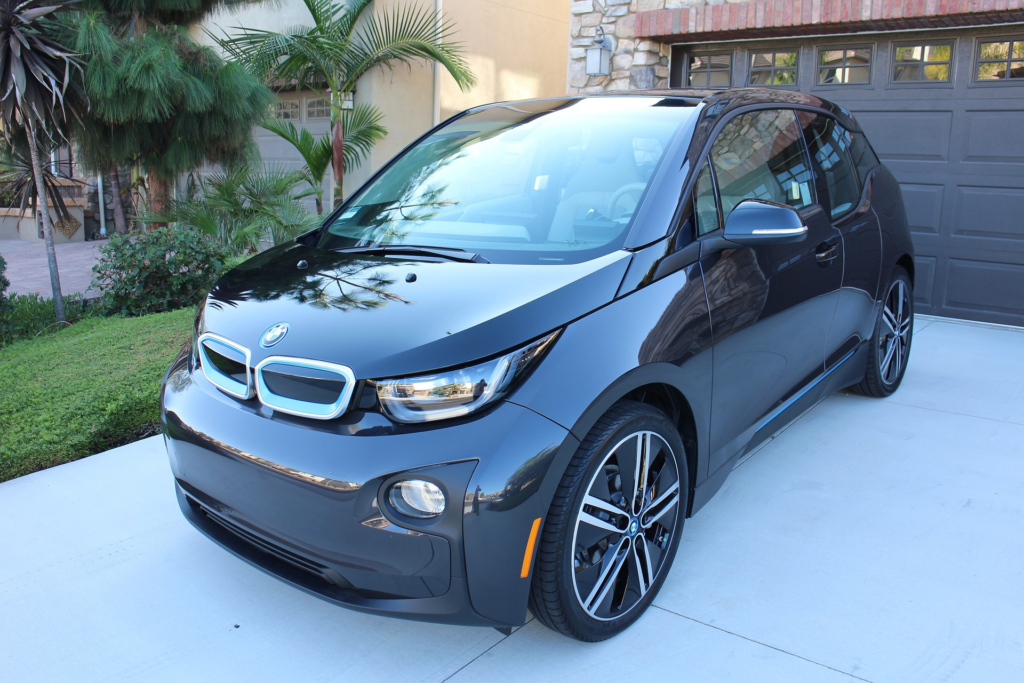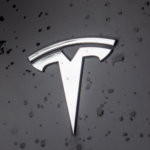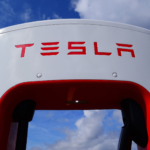In just a few short years, electric vehicles (EVs) went from obscure auto industry fodder to a symbol of the transportation future, especially in big cities like New York. EVs will redefine urban living through sustainable transport policies and a focus on minimizing greenhouse gases. We will discuss the progress of Electric Vehicles in New York, the challenges they face, and the potential they hold.
New York Electric Vehicle Adoption: A Complete Analysis
New York has become a model of EV adoption and promotion, with policies and initiatives intended to speed the shift from fossil-fuel-burning cars, trucks and SUVs to cleaner vehicles. The state government has set forth some aggressive targets like 100 percent zero-emission vehicle sales by 2035, as part of its wider climate action targets.
Electric Vehicles in New York: EV Adoption Trends
As of 2024 there are more than 140,000 registered electric vehicles in New York, a number that has steadily increased over a ten-year period.
As demand for EVs grows, a few models — like the Tesla Model 3, Ford Mustang Mach-E and Chevrolet Bolt — have been particularly popular in urban and suburban areas.
Electric Vehicles in New York: Charging Infrastructure
New York has a robust and expanding network of charging stations, including Level 2 and DC fast chargers.
EVolve NY has greatly expanded public charging access, installing over 800 fast chargers statewide.
Private companies and local governments are installing chargers in apartment complexes, parking garages, and workplaces to expand the infrastructure.
Electric Vehicles in New York: Challenges Facing EV Adoption
Significant progress has been made, but obstacles remain that could hinder electric vehicle adoption in New York.
High Initial Costs
EV ownership costs less overall than traditional vehicles, but the initial price is often too high for many consumers. Federal and state incentives, such as tax credits, alleviate but do not fully resolve this issue.
Range Anxiety
EV range anxiety remains a concern, particularly in areas where charging stations are rare, despite big strides in battery technologyCCW and achieve substantial distances on a single charge.
Grid Reliability
As EVs grow in numbers, the demand on New York’s electrical grid will likely increase dramatically. A continuing concern is ensuring the grid can cope with this demand and still be resilient.
Equitable Access
Accessibility to EVs and charging infrastructure for lower-income communities is essential to prevent widening of existing socioeconomic gaps.
What the Future Holds for Electric Vehicles in New York
With technological innovation, and policy commitments, alongside changing consumer preferences, the future of electric vehicles looks bright in New York.
Policy Support and Incentives
The program offers residents rebates of up to $2,000 when they purchase eligible electric vehicles, making such purchases more attractive.
New York State Energy Research and Development Authority (NYSERDA) efforts to increase charging stations, subsidize the purchase of EVs, and raise awareness about the benefits of EVs.
Technological Advancements
Ongoing advancements in battery tech should lead to reduced expenditure, speedier charging times, and longer ranges for vehicles.
Vehicle-to-grid V2G technology lets EVs act as mobile energy banks, enhancing grid stability and resilience.

Electric Vehicles in New York
Urban Integration
New York City’s congestion pricing plan could incentivize EV adoption by exempting them or giving cheaper access over gas-powered cars.
Shared Electric Mobil ity: Electric car rentals, ride-sharing platforms, and other shared electric mobility services are anticipated to become more prevalent, offering affordable and sustainable transportation options for both locals and visitors.
Collaborative Work Between Public and Private Sectors
Engagement of the private sector with the government is going to be of utmost importance, when it comes to addressing the challenges and facilitating a seamless transition to electric mobility. That includes existing partnerships with automakers and energy companies to enhance infrastructure and drive down prices.
Conclusion
Electric vehicles are a transformative shift in New York’s transportation landscape. Thanks to robust governmental backing, technological advancements, and growing consumer awareness, EVs could soon become the default rather than the outlier. But as the push for climate action continues, New York will lead the way a cleaner, greener future thanks to the combined efforts of policymakers, businesses and residents.


